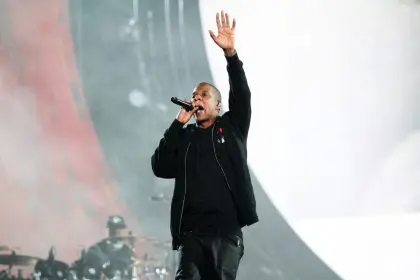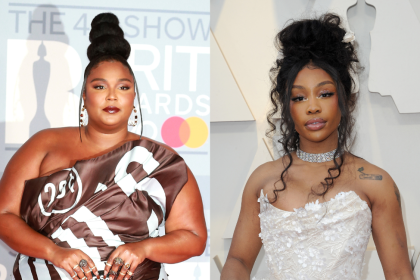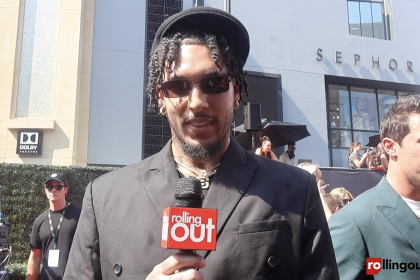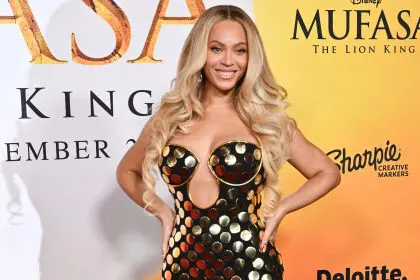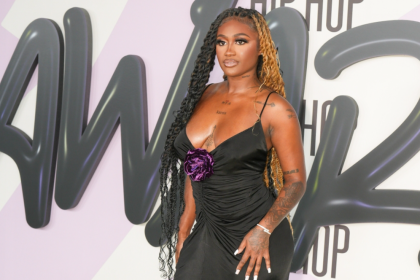Over a decade later, OutKast topped the charts with an undeniably catchy guitar-pop single. “Hey Ya” was one of the biggest hits of the new millennium; topping the pop charts for nine weeks and selling three million copies. But record companies didn’t go banging on doors to find other acoustic-guitar playing black folks to launch onto the Billboard Hot 100. In fact, quite the opposite was happening.
Black singer-songwriters that dared pick up guitars were left to die on the vine by labels uninterested in making them the ‘next big thing. ‘ While John Mayer was selling 2 million copies of his soul-drenched 2006 blues-rock album Continuum, acts like Van Hunt, Amos Lee and Cody ChestnuTT were barely marketed. Or if they were, it was to a neo-soul audience that viewed them as too ‘alternative.’ These guys weren’t D’Angelo or Maxwell-esque lovermen, so that audience’s reaction was tepid at best. And they were allowed to slip between the cracks by labels that were equally as indifferent to their art.
The industry still believes — or wants audiences to believe — that a black man playing a guitar is less commercially viable than a white guy rapping or pop-locking to Timbaland beats. White Seattle-based rapper Macklemore has been plucked from a Pacific Northwest hip-hop scene brimming with creatives like THEESatisfaction and Shabazz Palaces; but he’s the one with the NBA commercial and the Bonnaroo billing.
Watching Timberlake’s return to music has brought this conversation back to the fore. The superstar virtually disappeared from music for six years, yet the mere announcement of a new album landed him a highly-touted performance at this year’s Grammy Awards and, now, a co-headlining stadium tour with Jay-Z.
But, hey — black artists and fans shouldn’t be resentful of that, right? The talent should speak for itself. After all, it’s about the music.
We’d all like to believe that was true. And these artists — black, white, etc. — all have talent. But don’t dismiss color in music industry politics. The major label marketing and promotion machine behind white artists that record black music is always ready, willing and eager to spring into action.
While black folks with guitars get left out in the cold.
– stereo williams






